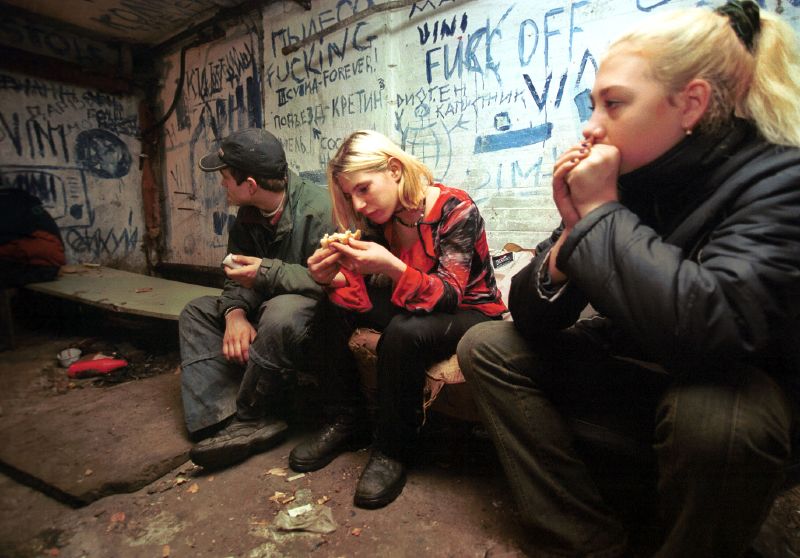Every parent desires to see their child grow into a responsible adult and exploit their full potential. But what happens when you discover that your loved one is suffering from a heroin addiction? For many parents faced with such a situation, feelings of guilt, disappointment and despair quickly take precedence, thereby leaving them utterly confused on which the next step to take should be. Despite the difficulty of the situation that you are dealing with, rest assured that it is possible for you and your child to fight drug addiction and emerge victorious. Here are the top 4 practical tips on how to assist your teenager to recover from heroin addiction:
- Find a local treatment center
Once you discover that your teen has a drug problem, the first step you should take is to find a local treatment center where your loved one can receive the quality care and assistance that they desperately need. The main benefit of taking them to a treatment center is that your loved one is able to get professional medical help in a safe and secure environment. Many former heroin addicts can attest to the fact that joining the right treatment facility proved to be the first important step on the journey to recovery.

- Join a support group
Aside from enrolling your child in a treatment program, you as a parent should also join a support group composed of parents who have been in a situation similar to yours. Being part of a support group with other parents of recovering addicts helps you to find the strength and hope to keep moving forward even when times get tough. You will be able to get encouragement and hear success stories from those who have walked this path before you and emerged victorious.
- Identify the root of the problem
Many times, drug and substance abuse is a manifestation of deeper underlying problems. From school-related stress to feelings of neglect and abandonment, it is extremely important for you to talk to your child in order to identify and eliminate whatever factors may be causing their drug habit. If you discover that your actions as a parent could’ve contributed in any way to your child’s current state, don’t wallow in self-pity. Rather, accept the reality, offer a sincere apology and commit to moving forward. By dealing with the source of the problem, you will be able to reduce the chances of relapse after recovery.
- Setup boundaries
When dealing with your teenager, you must set up boundaries to help them stay on the right track. As much as you cannot make decisions on their behalf, placing the necessary guidelines in place will help to influence them positively during recovery. Some boundaries include putting them on a curfew, requiring them to take regular drug screening tests and insisting that they give you a full financial report on how they spent their money whenever you give them extra cash. Such guidelines will improve accountability and thereby reduce the likelihood of relapse.

